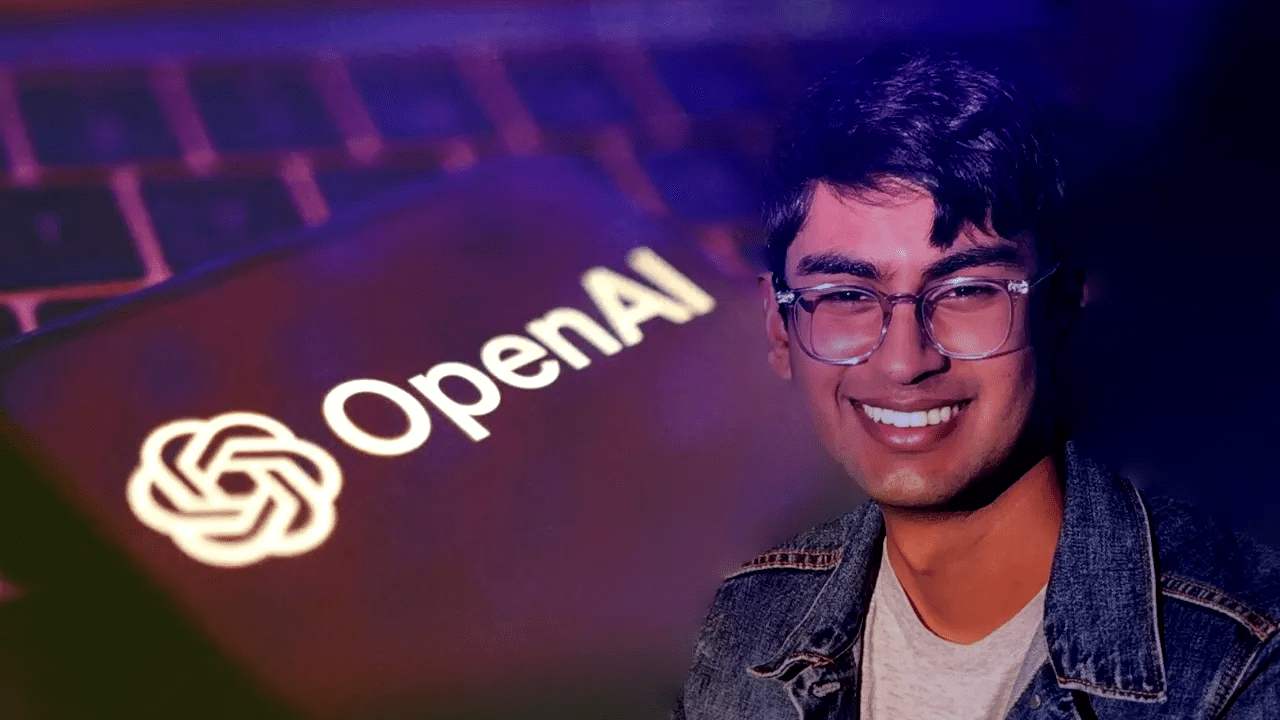
In November 2024, former OpenAI researcher, Suchir Balaji, was found dead in his apartment in San Francisco. Official authorities issued a ruling that his death was a suicide with no evidence of a crime, but his family firmly rejected this classification, describing the death scene as "fabricated" and staged, and launched a private investigation to uncover the circumstances of his death, suspecting manipulation and cover-up by the authorities.
🔍 Suchir was a rare and outspoken voice in the field of AI ethics, publicly criticizing OpenAI for using copyrighted material to train ChatGPT without permission, making him a prominent figure in discussions regarding transparency and accountability in this field.
💥 After his death, the family received widespread support from the cryptocurrency community, with a meme coin launched on the Solana platform called "Justice for Suchir," raising over $140,000 through crypto fundraising campaigns, despite the currency's decline in value, reflecting the ongoing trust and support for their cause.
⚖️ The family faces significant legal challenges, having paid thousands of dollars to lawyers, some of whom withdrew despite receiving high fees due to their busy schedules, while others demand exorbitant amounts, which compounds the burden on them in their pursuit of justice.
🛡️ His mother says: "Crypto funding restored our hope when all other avenues faltered, as few investigators know how to uncover the truth, which made the case complicated and costly."
📢 In February 2025, the family filed a lawsuit against the city of San Francisco and the city police, accusing them of negligence and covering up the facts of the investigation, in an attempt to seek justice and reveal the full truth.
This case highlights the importance of transparency and justice in a rapidly changing time, and the vital role of digital communities in supporting individual rights and fighting injustice.
#CryptoForJustice #OpenAI #Solana